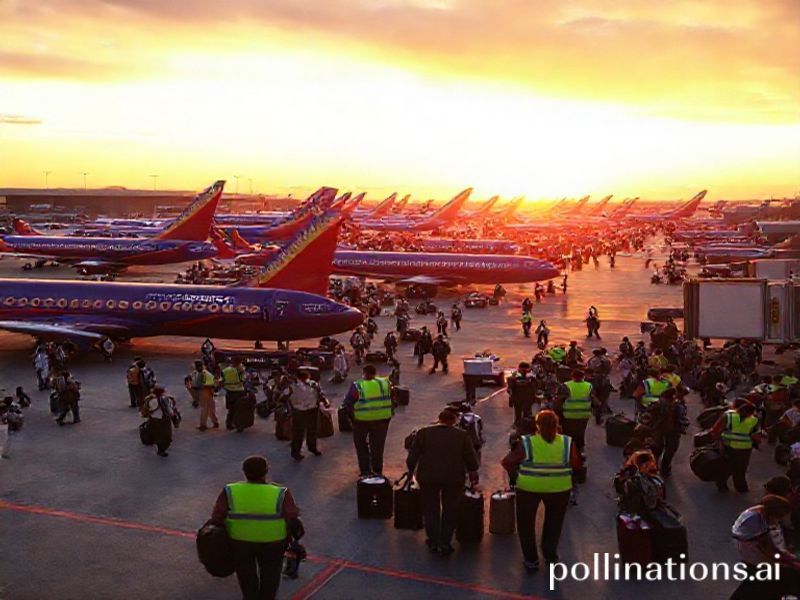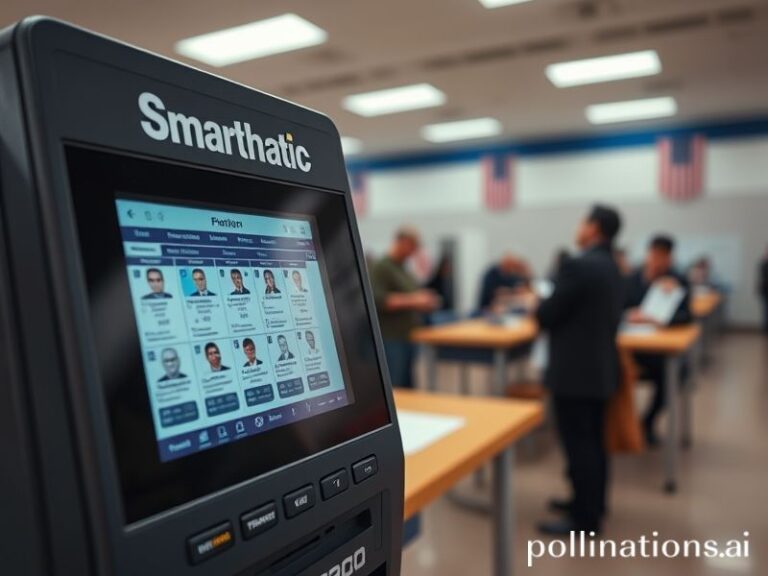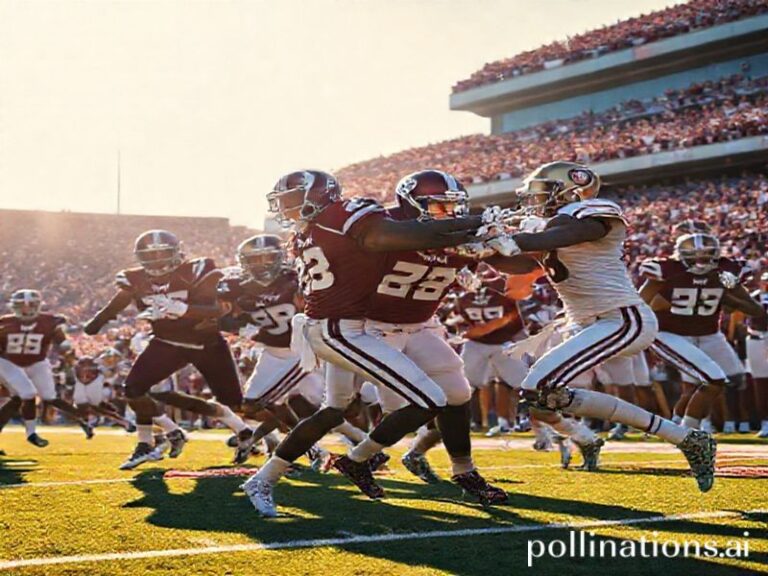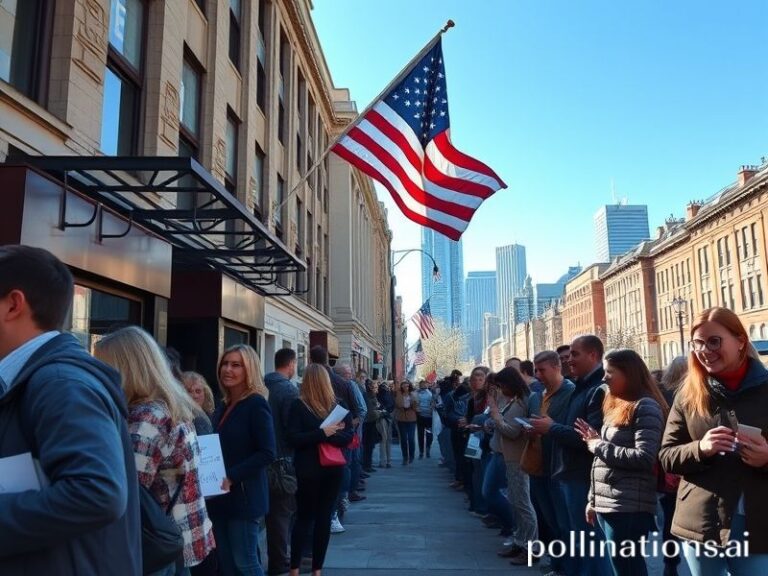Southwest Airlines Meltdown: When Air Travel Goes Viral (And Not in a Good Way)
# **Southwest Airlines Meltdown: When Turbulence Hits the Ground**
Oh, the irony. Southwest Airlines, the carrier that once boasted “We’re the only airline that doesn’t make you feel like you’re in a cattle call,” found itself in the middle of a very literal cattle call—except the cattle were passengers stranded at airports across the U.S. during a holiday weekend. The meltdown, which left thousands of travelers stuck, flights canceled, and luggage scattered like confetti, became a viral sensation, sparking memes, outrage, and a collective sigh of “not again.”
### **Why Is This Trending Globally?**
1. **The Perfect Storm of Chaos**
Southwest’s meltdown was a rare convergence of bad luck, poor planning, and weather woes. A winter storm, staffing shortages, and outdated technology created a domino effect that left the airline scrambling. The sheer scale of the disruption—over 15,000 flights delayed or canceled—made it impossible to ignore. When an airline meltdown affects so many people, it becomes a cultural moment, a shared experience that everyone has an opinion about.
2. **Social Media Frenzy**
In the age of Twitter and TikTok, bad news travels fast—and Southwest’s meltdown was no exception. Passengers turned to social media to vent, share their stories, and even meme their way through the ordeal. From passengers sleeping on airport floors to luggage piles that looked like modern art installations, the visuals were too good (or bad) to ignore. The hashtag #SouthwestAirlines became a trending topic, with users sharing everything from heartbreaking tales of missed connections to darkly comedic takes on the situation.
3. **Cultural Context: The Rise of Airline Woe Stories**
Air travel has become a breeding ground for viral stories of woe. From United dragging a passenger off a plane to Ryanair’s infamous “we’ll charge you for oxygen” policies, airlines have become the punchline of choice for frustrated travelers. Southwest, which has long been seen as one of the more passenger-friendly airlines, was hit particularly hard because its meltdown felt like a betrayal. People love a good underdog story, and Southwest’s fall from grace was a gift to internet culture.
### **Social Impact: More Than Just Delayed Flights**
The meltdown had ripple effects beyond the immediate chaos. It reignited debates about airline accountability, worker rights, and the fragility of modern travel infrastructure. Passengers shared stories of being stranded without food, water, or clear communication from the airline, highlighting the human cost of such disruptions. Meanwhile, Southwest employees, already stretched thin, faced criticism for the airline’s handling of the crisis.
The meltdown also sparked discussions about the broader state of air travel. With airlines cutting costs and relying on outdated systems, many wondered if this was a sign of things to come. If a major airline can’t handle a winter storm, what happens when the next crisis hits?
### **Why This Topic Matters**
The Southwest Airlines meltdown matters because it’s a microcosm of larger issues in our society—reliance on technology, the gig economy’s impact on labor, and the fragility of systems we take for granted. It’s also a reminder that even the most well-intentioned companies can fail spectacularly when faced with unexpected challenges.
But perhaps the most significant takeaway is the power of collective outrage. In an era where social media amplifies every frustration, a single event can become a cultural moment, sparking conversations, memes, and even policy debates. The Southwest meltdown wasn’t just about delayed flights—it was about the way we travel, the way we communicate, and the way we cope with chaos.
So, the next time you’re stuck at an airport, remember: you’re not alone. And if all else fails, there’s always Twitter.







